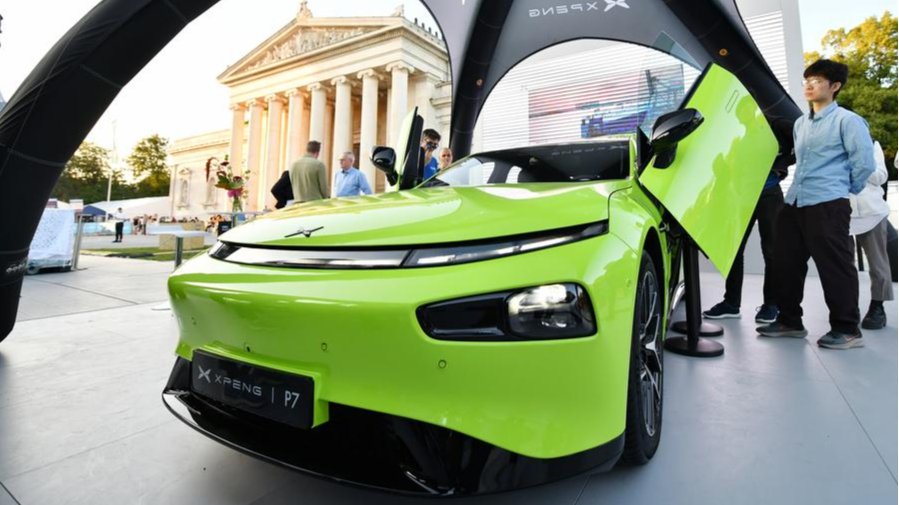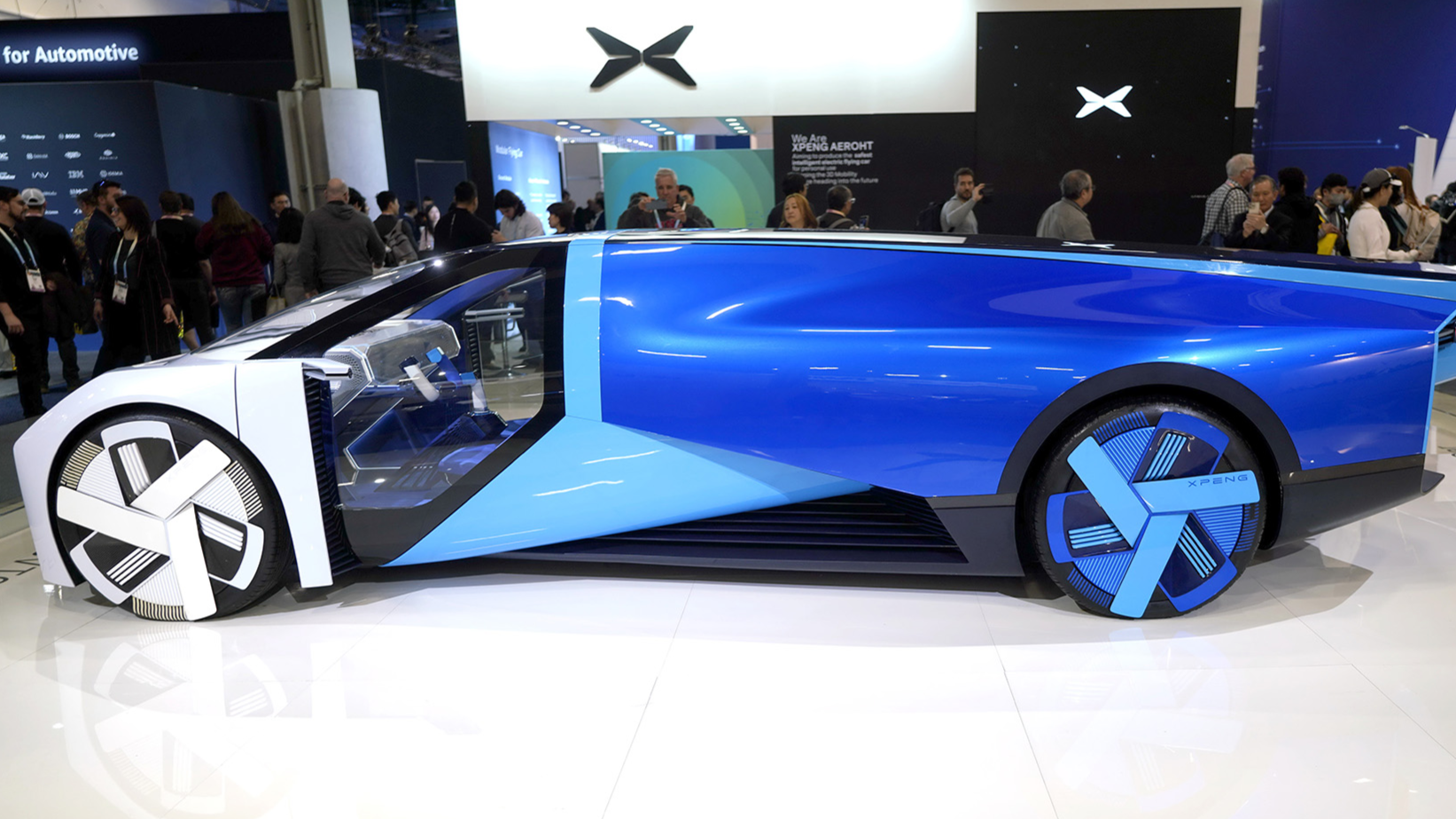
BRUSSELS - The European Commission's latest move to push forward its proposal to impose controversial punitive tariffs on Chinese battery electric vehicles despite internal divisions reveals a deep-seated protectionist impulse that threatens to undermine decades of cooperation between China and the European Union.
Instead of fostering cooperation, these tariffs risk sparking a trade conflict that could harm not only China-EU relations but also Europe's own ambition for a green transition.
The decision, made amidst internal discord, has exposed the fragility of the EU's so-called consensus. As reported by Euronews, 12 member states abstained from the vote, five opposed the measure, and only ten voted in favor -- hardly the unified front the Commission would like to project.
Hungarian Prime Minister Viktor Orban's stark warning that the decision could mark "the next step in an economic cold war" is a sentiment echoed by many within the bloc. Senior Finnish foreign ministry official Jukka Kuurma also reportedly voiced skepticism, pointing out that "there is insufficient evidence of damage caused to the EU" and questioning whether tariffs are truly in the Union's best interests.
ALSO READ: German auto association chief criticizes EU tariffs on Chinese EV

The European Commission's unilateral decision to launch an anti-subsidy investigation without formal complaints from the industry is unorthodox and dangerously shortsighted. Without clear evidence that Chinese automakers caused "substantive damage," the action appears more politically driven than economically justified.
As the China Chamber of Commerce to the EU, as well as industry experts, have rightly pointed out, such an investigation is "politically motivated and unjustified."
ALSO READ: EU pushes ahead with Chinese EV tariffs despite members' opposition
These tariffs will have far-reaching consequences, and backfire on Europe's own green ambition.
The EU has set an ambitious target to phase out combustion engines by 2035 as part of its Green Deal, and affordable, high-quality EVs are crucial to achieving this goal. Raising tariffs will increase prices for European consumers, making EVs less affordable and hindering Europe's ability to meet its climate commitments.
Chinese EV manufacturers have been leading the effort to drive down costs through domestic and global market competition, as well as consistent innovation. Their role in facilitating green transition is apparent by offering affordable, cutting-edge EVs to consumers worldwide.
Former UN Under-Secretary-General Erik Solheim summed it up perfectly when he said that Europe should be "rolling out the red carpet" for Chinese EV makers, not erecting protectionist barriers.
The reckless move of imposing tariffs will never protect European industries. Instead, it risks sabotaging a global green partnership for political gain.
ALSO READ: Chinese car companies shift gears abroad
Moreover, it marks a sharp departure from over four decades of China-EU cooperation in the automotive sector. This mutually beneficial relationship has not only enhanced the global auto industry but also served as a model of successful international collaboration. No wonder Hildegard Muller, president of the German Association of the Automotive Industry, has lamented that the European Commission's move represents "a further step away from global cooperation."
China has consistently demonstrated its willingness to engage in dialogue and resolve disputes diplomatically. Since June, China and the EU have held over ten rounds of technical consultations and two vice-ministerial negotiations on the EV anti-subsidy issue.
The path forward is clear: Protectionist tariffs must be abandoned in favor of continued negotiations. Even European automotive giants like Volkswagen, BMW, and Mercedes-Benz have stressed the importance of free trade and called for a constructive resolution to the ongoing talks between China and the EU.
At a time when the global economy remains fragile, neither Europe nor China can afford the economic and environmental costs of a trade war. Long-term cooperation must take precedence over short-term political gain if both sides are to safeguard their shared future.


